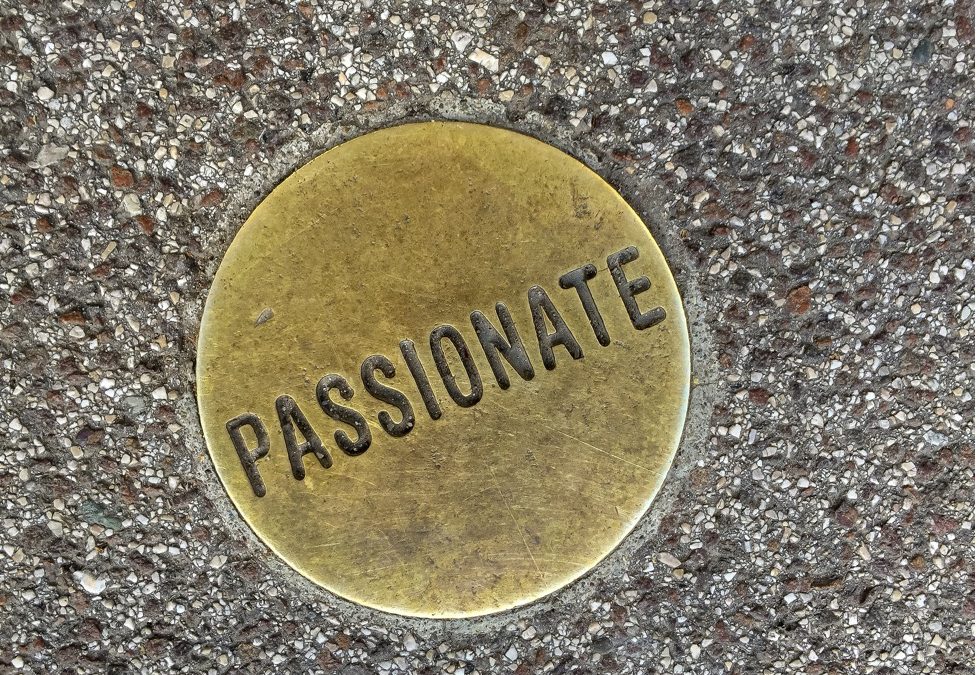Photo by Etienne Girardet on Unsplash
Seth Godin is masterful at making obvious things so much clearer. In a post on passion and excellence he asked:
- Should the person who runs the customer service operations at a ski school also be required to love skiing?
- Can the CFO of a large church be an atheist?
- Does the head of marketing at Kodak have to have a passion for chemicals?
He goes on to say:
I think if the work is important, it should be done with passion and skill and flair.
This seems so obvious – right? Then, how do you feel about the following questions:
- If the work we do in education is as important as we claim, should passion be required?
- Would you expect someone in education to be passionate about kids? teaching? changing the conditions of learning?
- Should we expect to see that passion in our teaching, learning, and leading?
- And, most importantly, what do we do if we answer yes to all these questions and encounter an educator or learner “passion-less” for their work?
Not so easy! Here’s what I find interesting. If love and passion make sense, if they seem an obvious trait, then why do we have so little information about love and passion in our field?
Worldwide there are countless educationalists writing about educational reform but very few spend their time and energy talking about, working on, or addressing passion. Why is that?
The connection between emotion and cognition has been widely established, yet love and passion for our work is considered a “warm fuzzy” with little or no place in the conversations around rigor, ativan, standards, and high stakes assessment. Don’t you think it is time to change that? Isn’t it time to get passionate about passion?
I think so – stay tuned! This is only the beginning!


